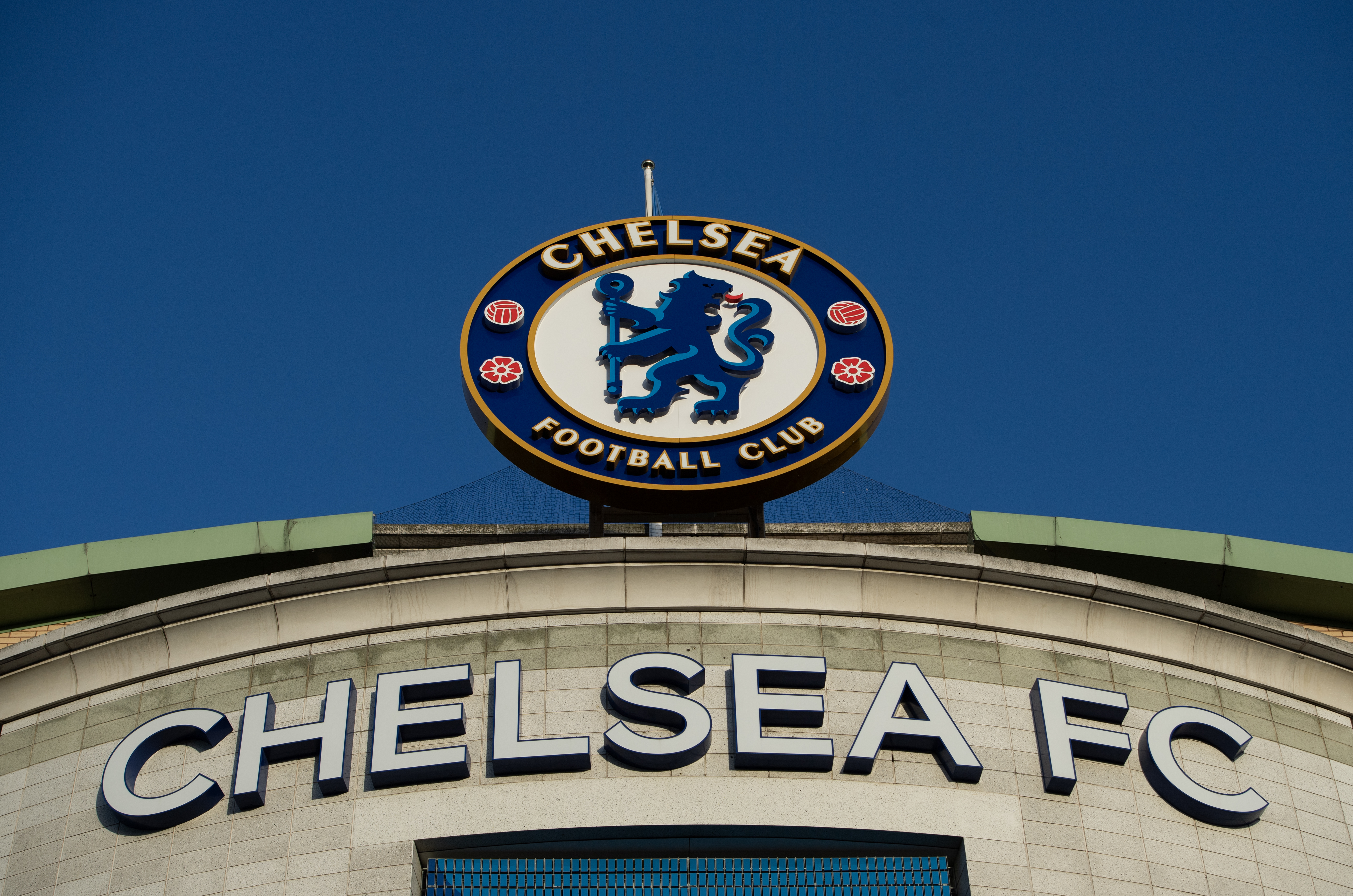
The Middle East has never before hosted a major global sporting event and analysts said Qatar's win would do much to boost the region's global profile.
FIFA were likely to have been swayed by Qatar's hefty financial prowess with money no object for the world's largest exporter of liquefied natural gas.
The country's economy, forecast to grow by 15.5 percent this year, is expected to soar by a staggering 21 percent in 2011, allowing Qatar to pour as much cash as necessary into preparations for 2022.
It is likely to spare no expense in constructing stadiums for the event. The ultra-modern Lusail Stadium, which has yet to be built, will host the opening and final matches.
With a capacity of 86,000 and surrounded by water, it will take four years to build and is expected to be completed by 2019.
CONSTRUCTION SITE
Under the proposals submitted to FIFA, Qatar would renovate three stadiums and build nine new ones, with the 12 stadiums divided among seven host cities.
The best features, fun and footballing quizzes, straight to your inbox every week.
The total cost of the construction and renovation is estimated at around $3 billion. It submitted a budget of $645.5 million to run the Confederations Cup in 2021 and the World Cup the following year. It projects a total number of 2,869,000 tickets will go on sale.
Still, much remains to be done, and many wonder whether even 12 years will be enough. The country is still being built, with much of the capital city Doha resembling a construction site.
Qatar has launched a huge spending programme in recent years to build infrastructure needed to accommodate its rapidly expanding population, now estimated at 1.7 million.
Over the next five years, the country will build a $25 billion rail network, an $11 billion new airport, a $5.5 billion new deep water seaport and a $1 billion crossing linking the new airport with mega-projects in the northern part of the capital, Doha. It will also spend an additional $20 billion on new roads.
Plans are in place to complete a metro system connecting each stadium by 2017 with venues no more than one hour apart from each other.
"Budget is not a constraint," said Jamal Al-Kaabi, manager of roads and drainage at Ashgal, Qatar's Public Works Authority.
Doubts linger over whether Qatar will be able to handle an influx of about 400,000 fans, many on a tight budget. Hosting a World Cup would require the capacity for 32 teams, their travelling fans and a huge media presence.
The country currently has about 50,000 hotel rooms and will need 60,000 to meet the requirements of world soccer's governing body. Bid leaders have promised 95,000 rooms will be available by 2022.
"With the Asian Games, it became a last-minute panic to get everything ready and in place," one Doha resident said. "The biggest thing is that there is so much to be done. It's a monumental task, and you need to finish it a few years early."
ISLAMIC NATION
 Join The Club
Join The Club





